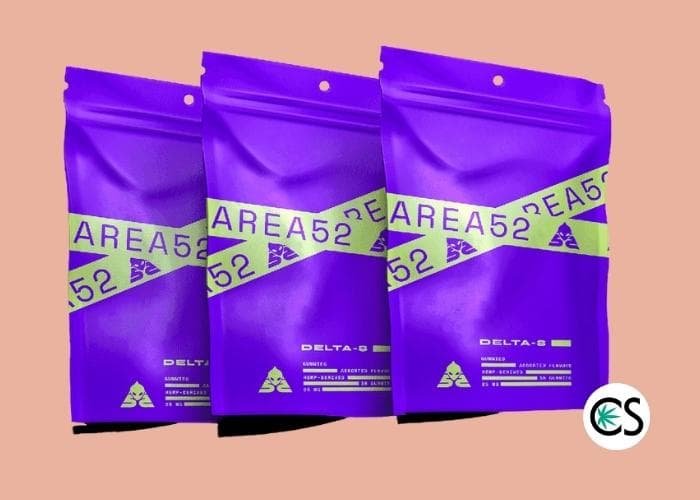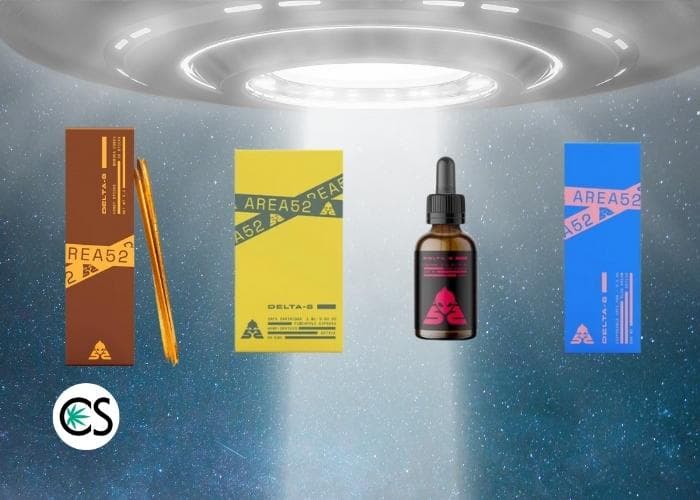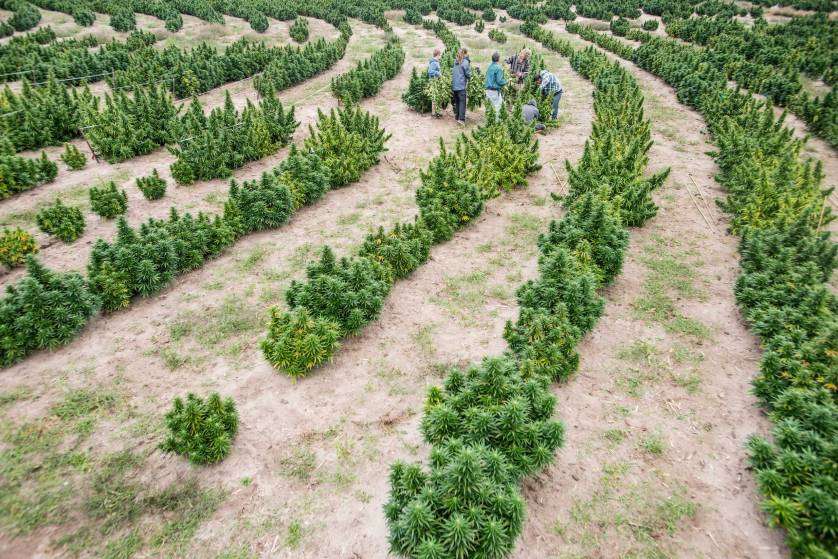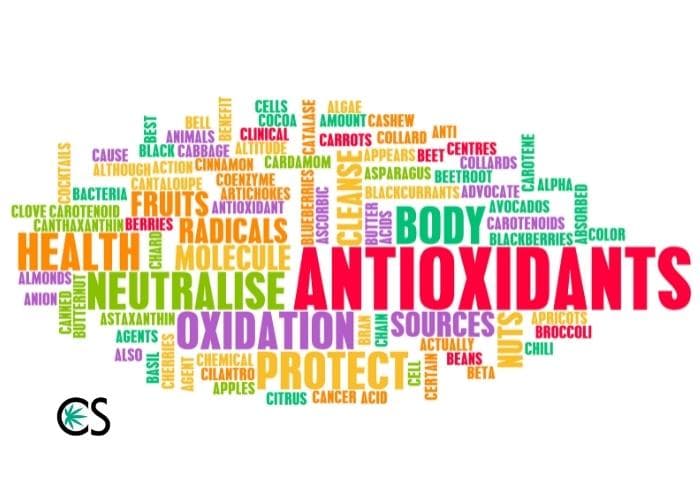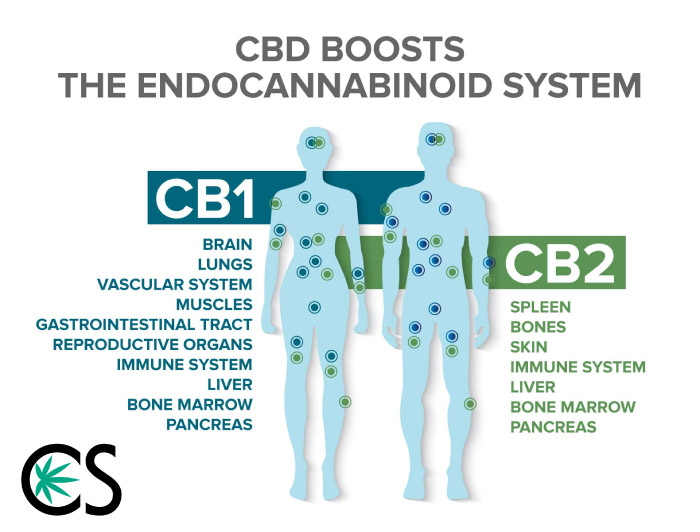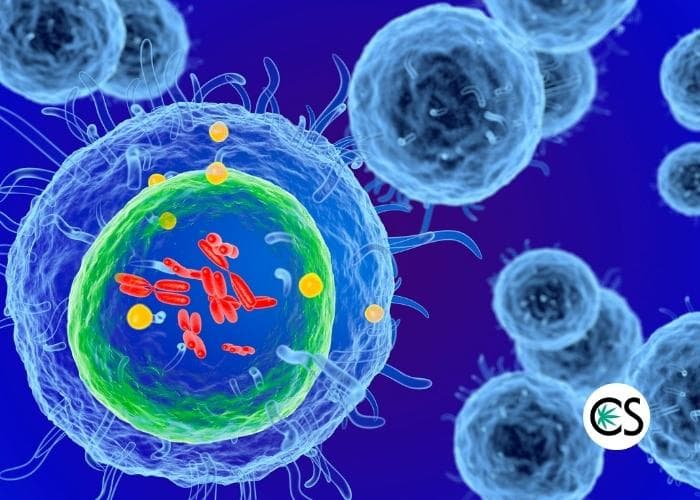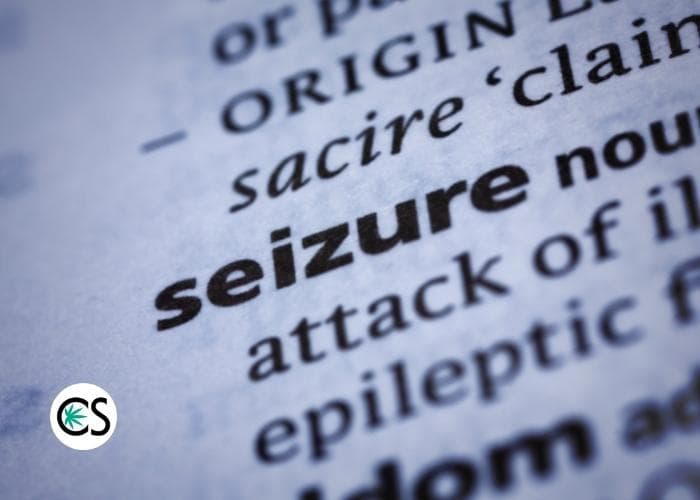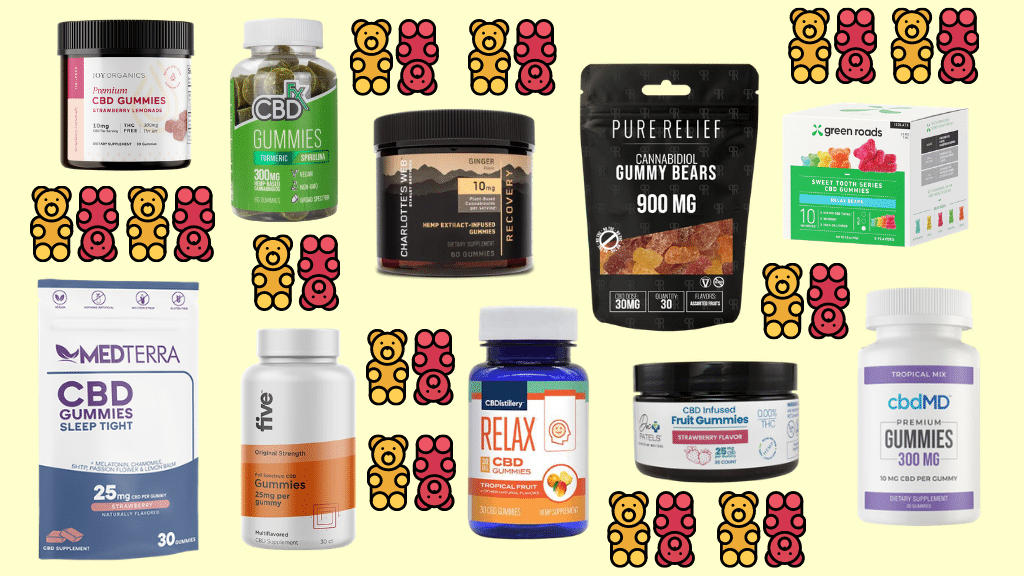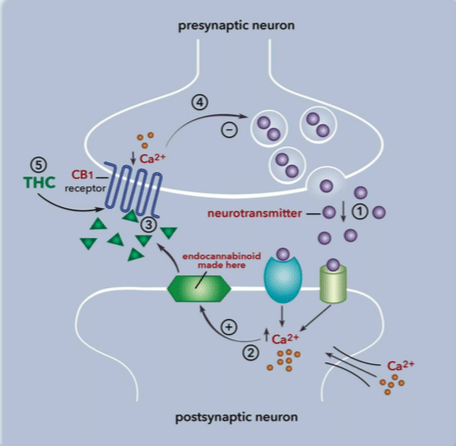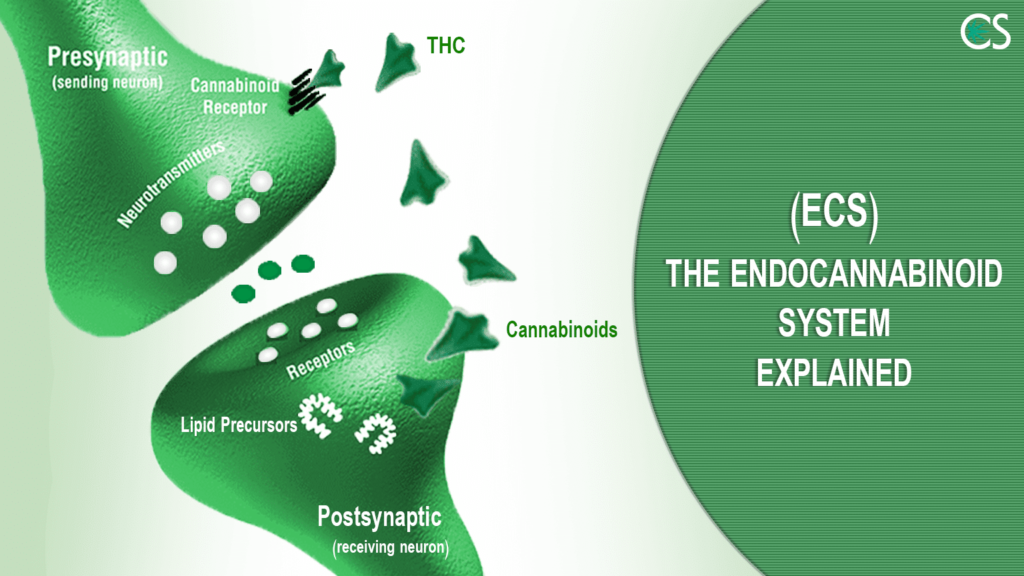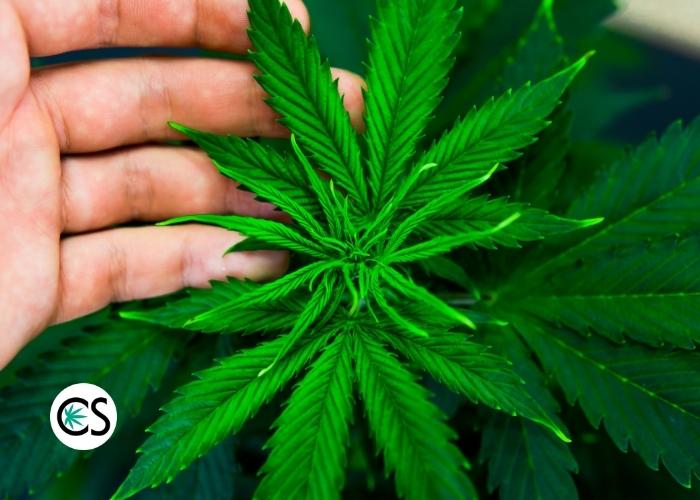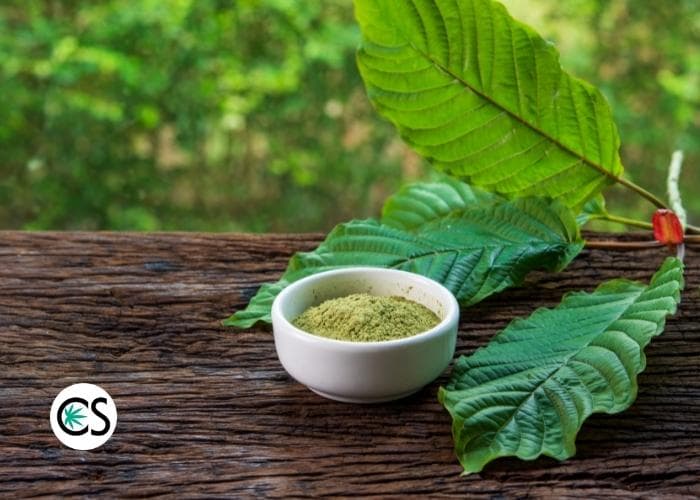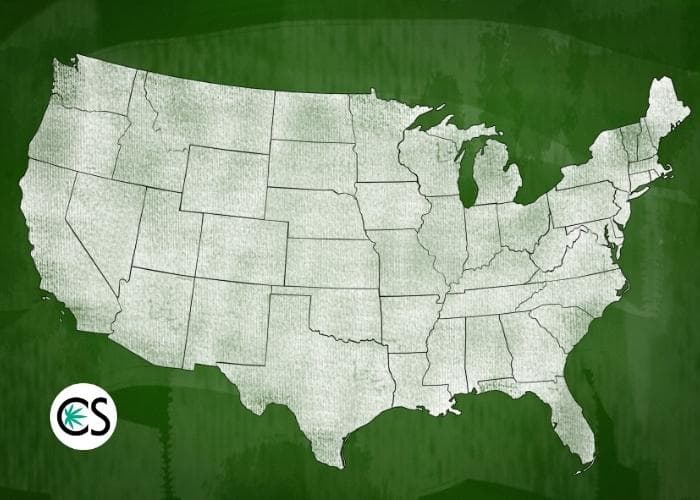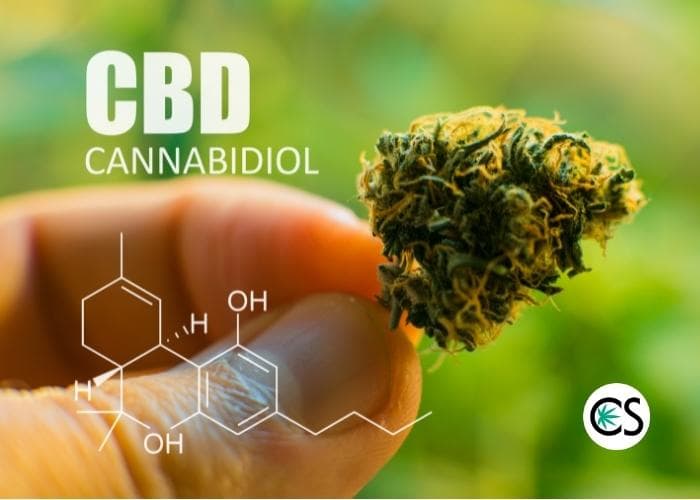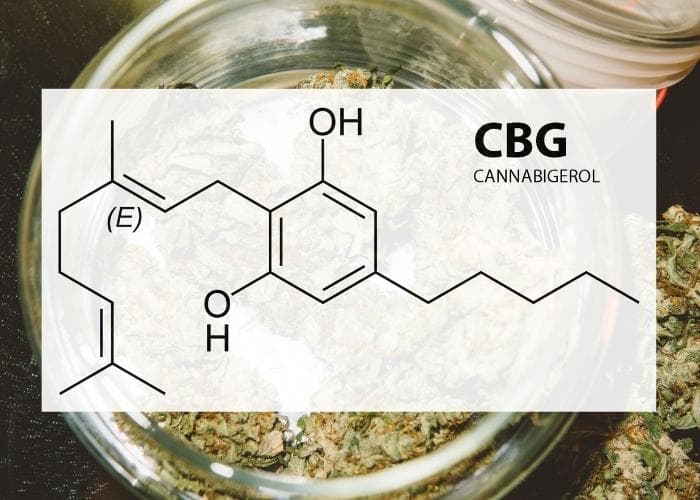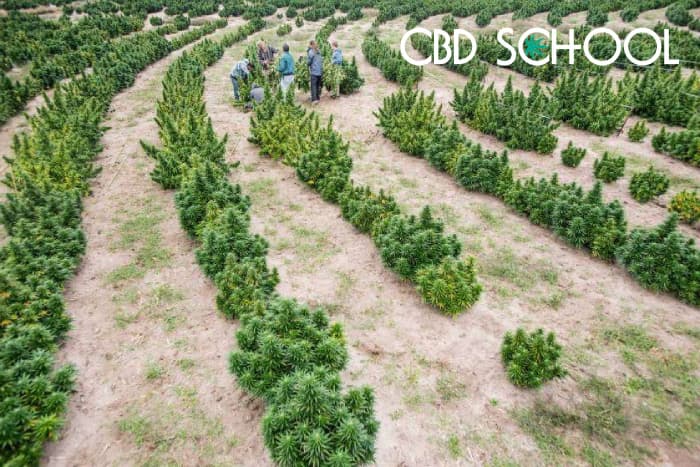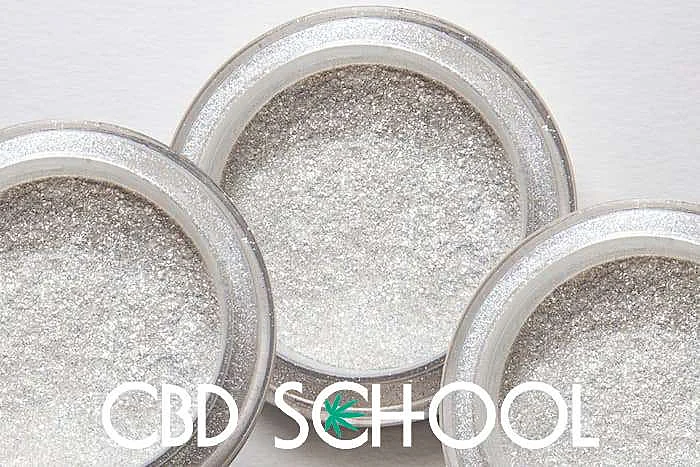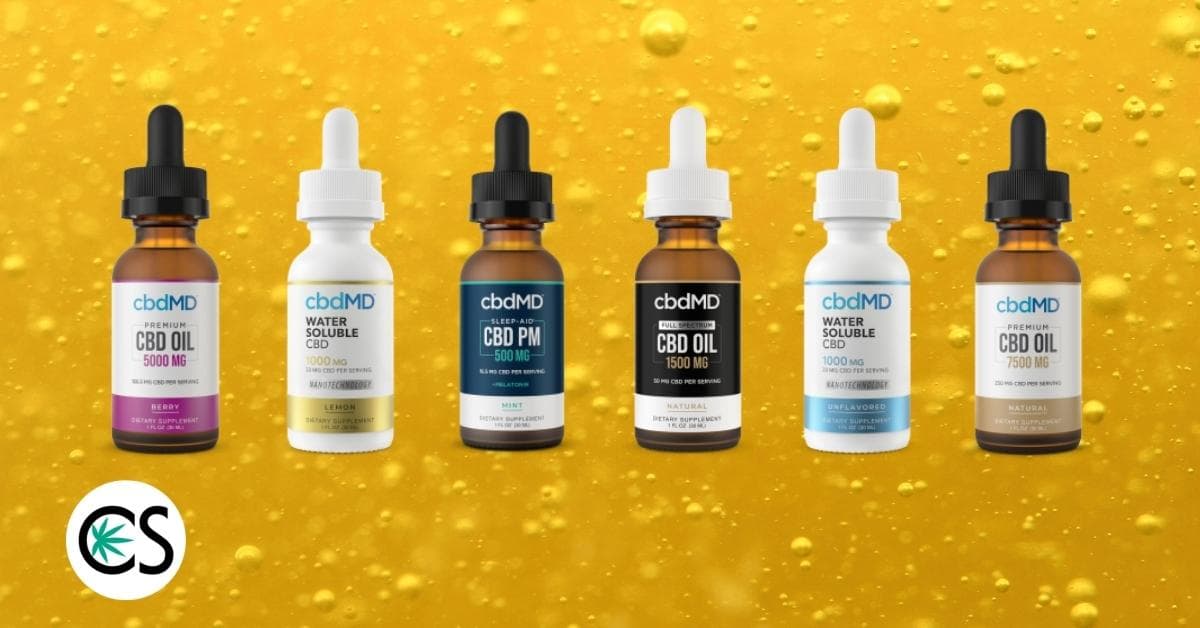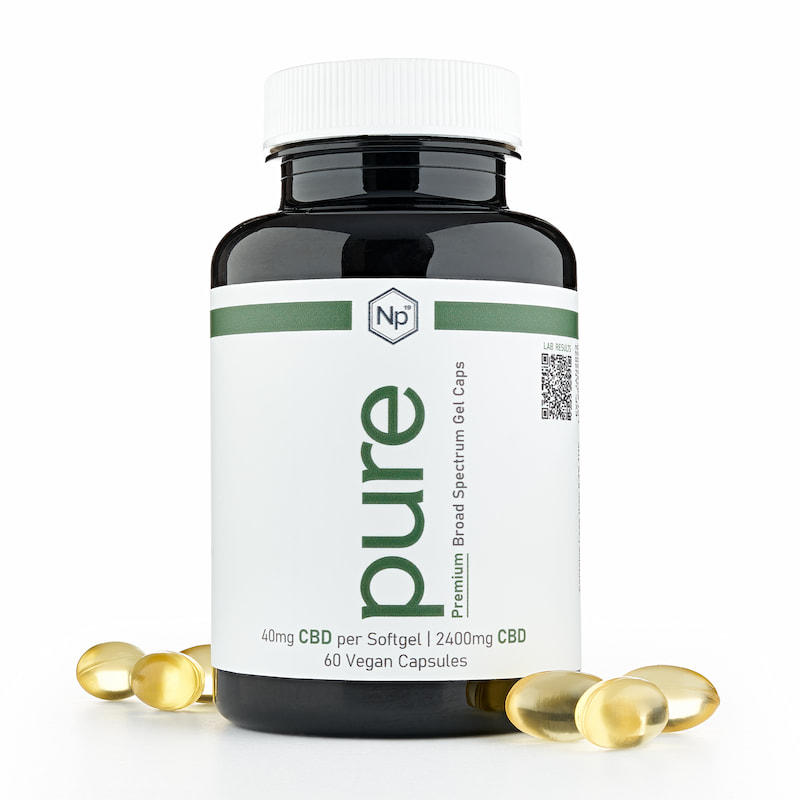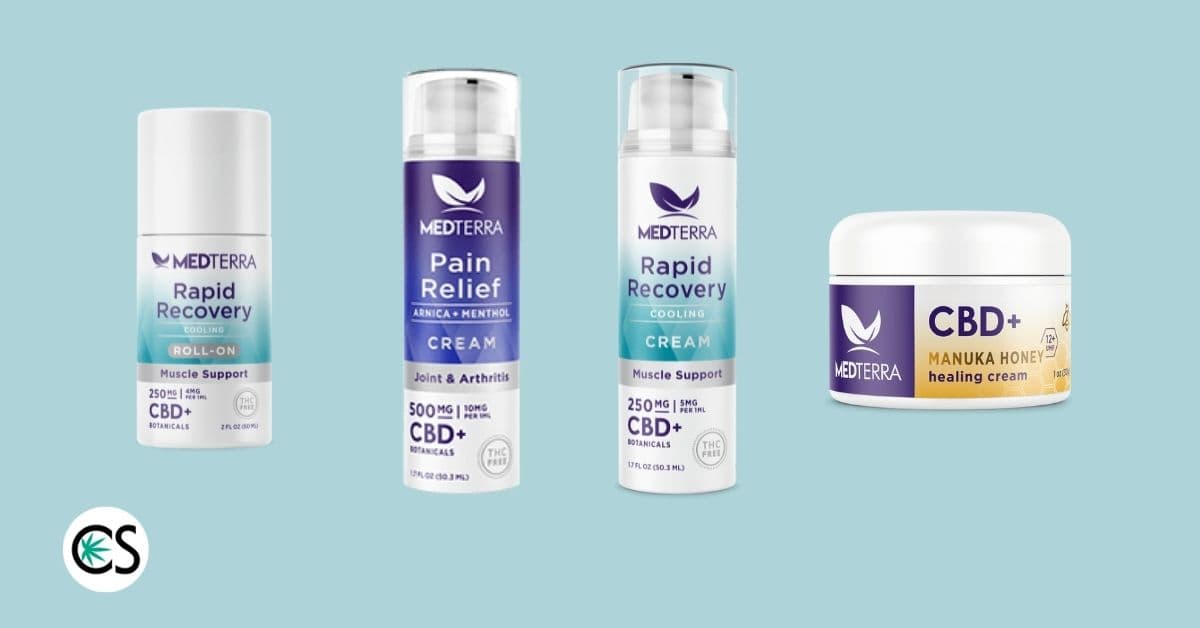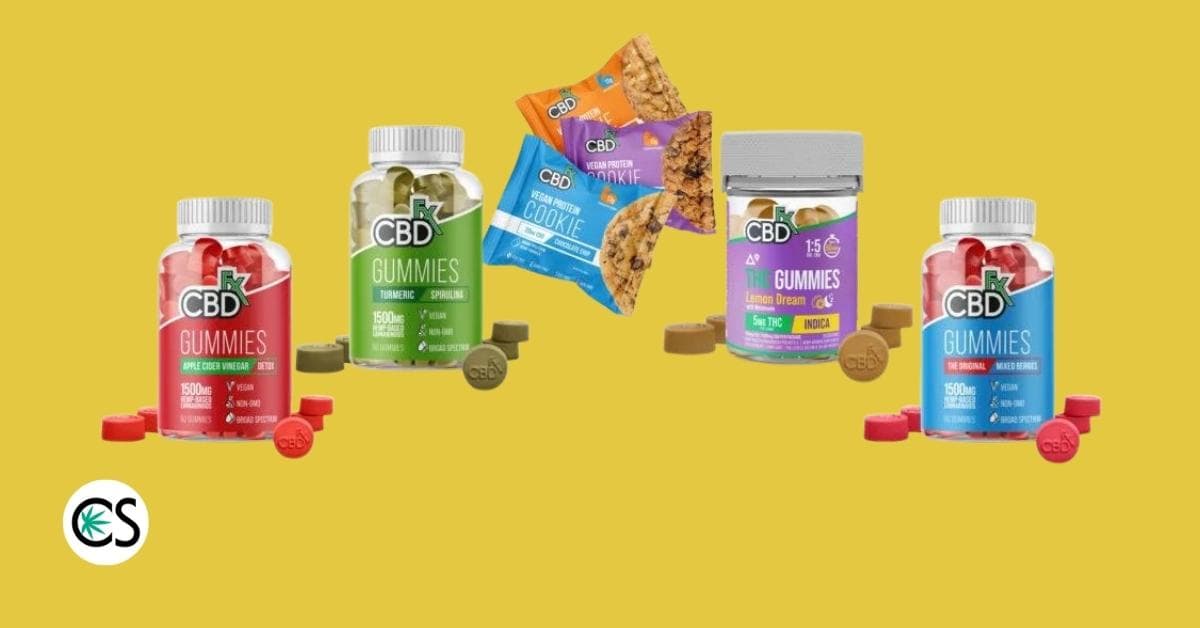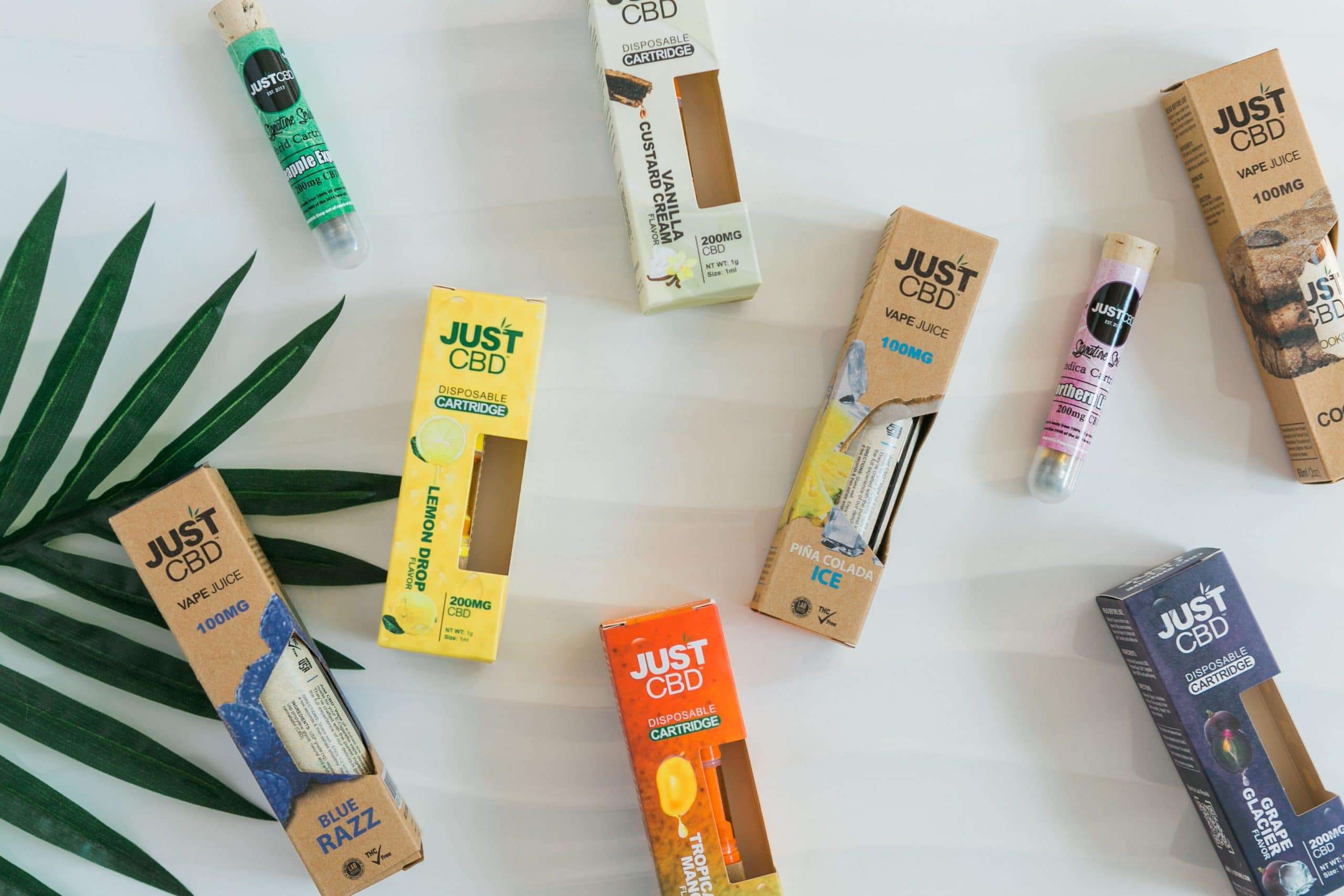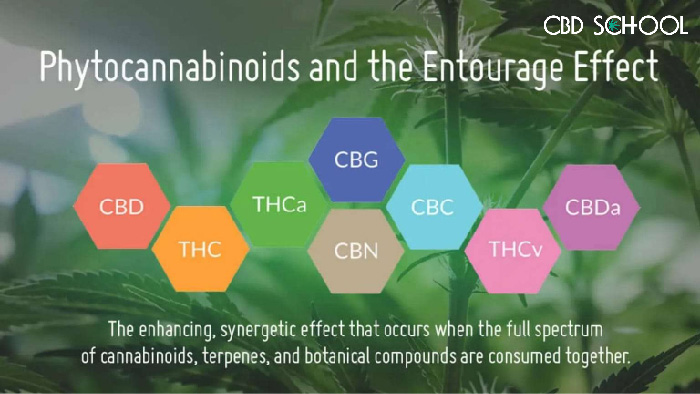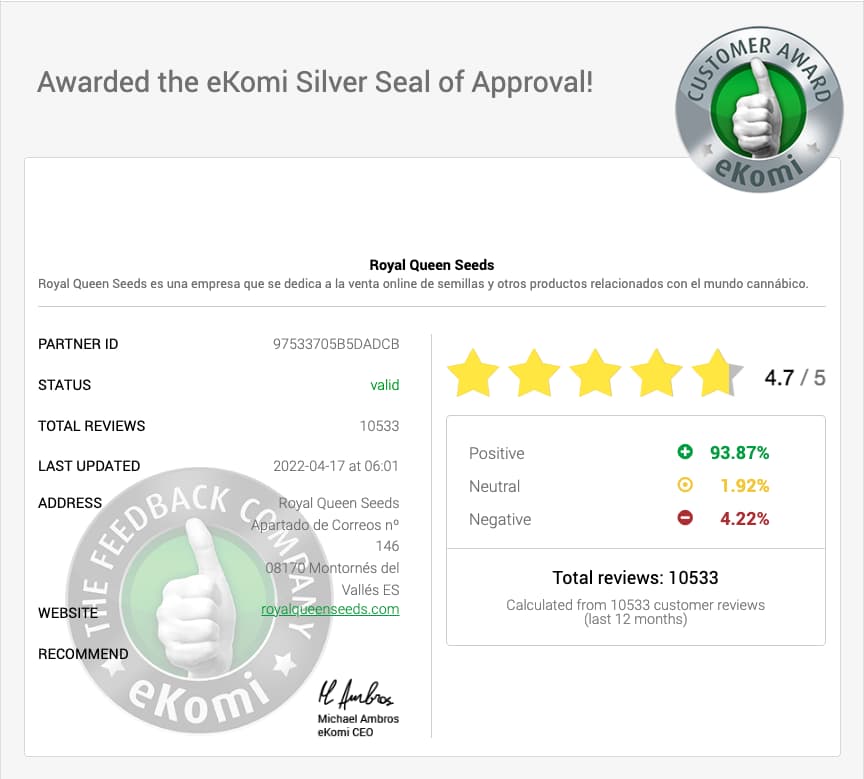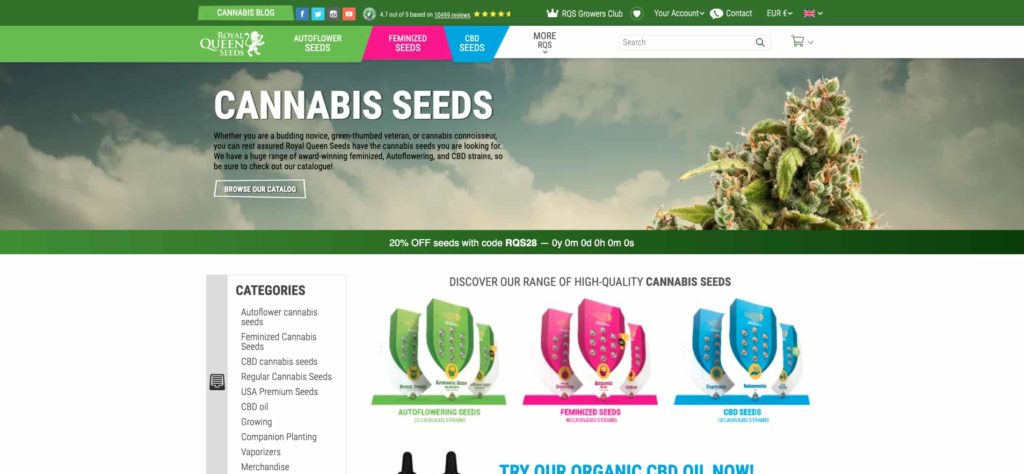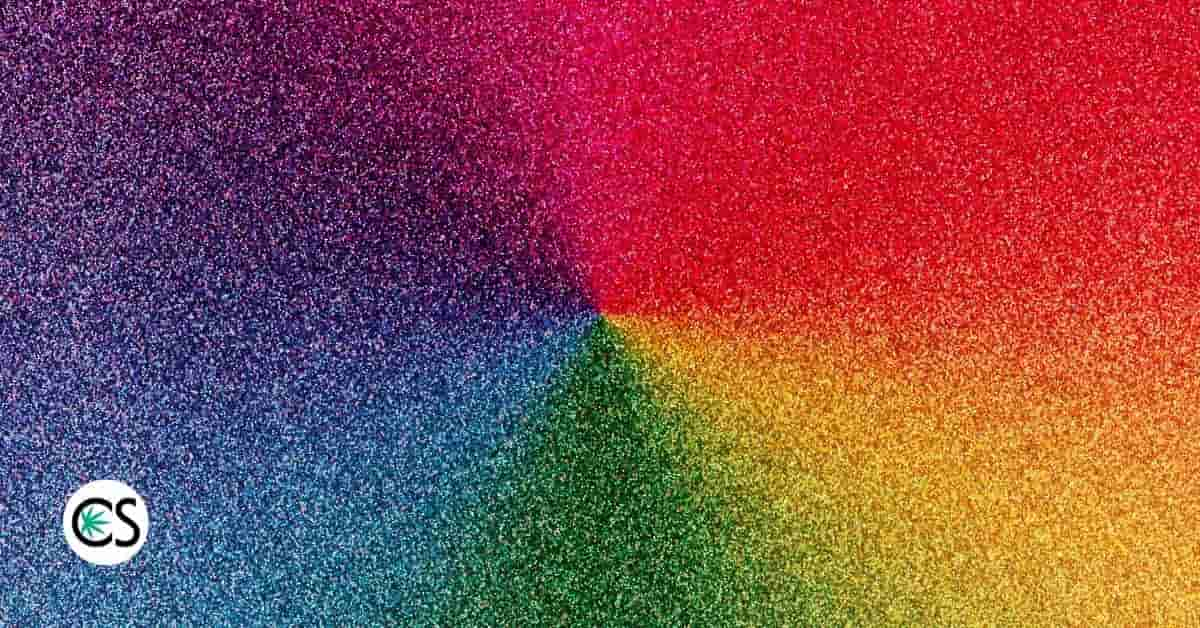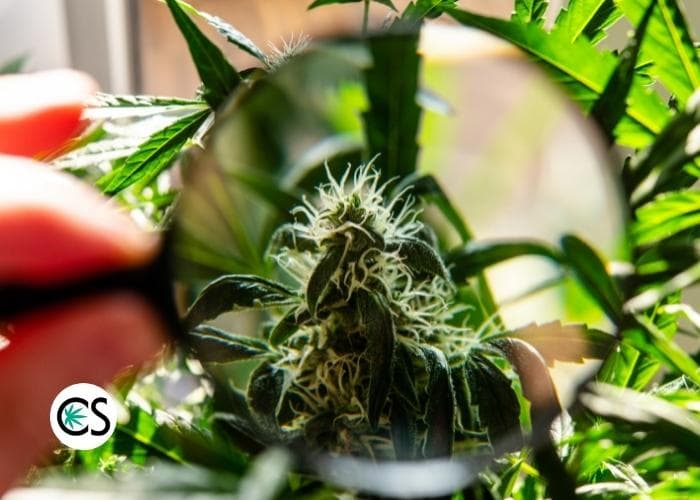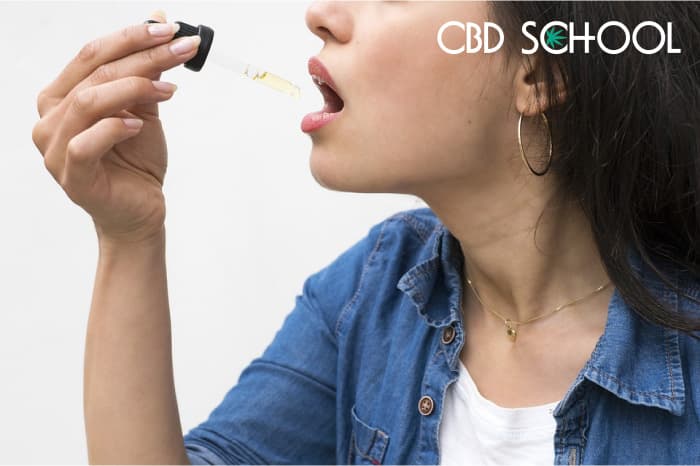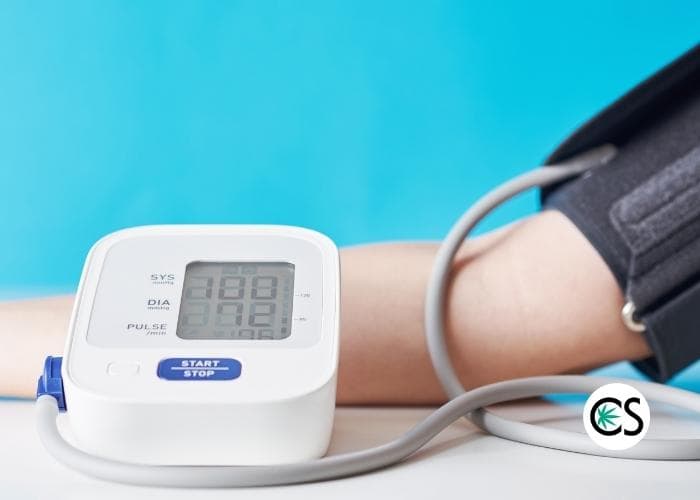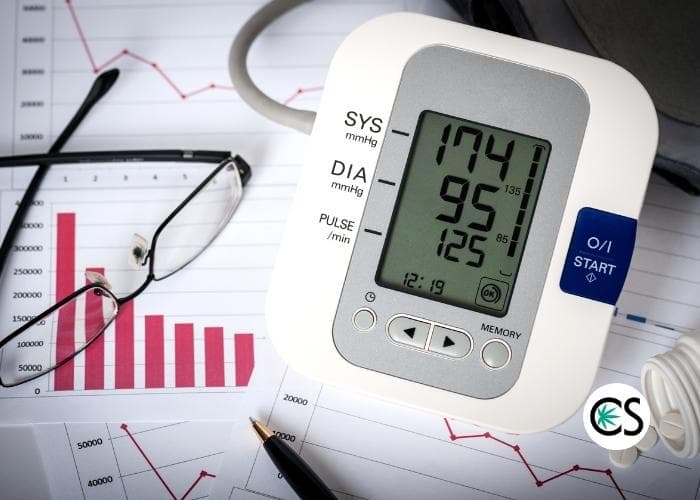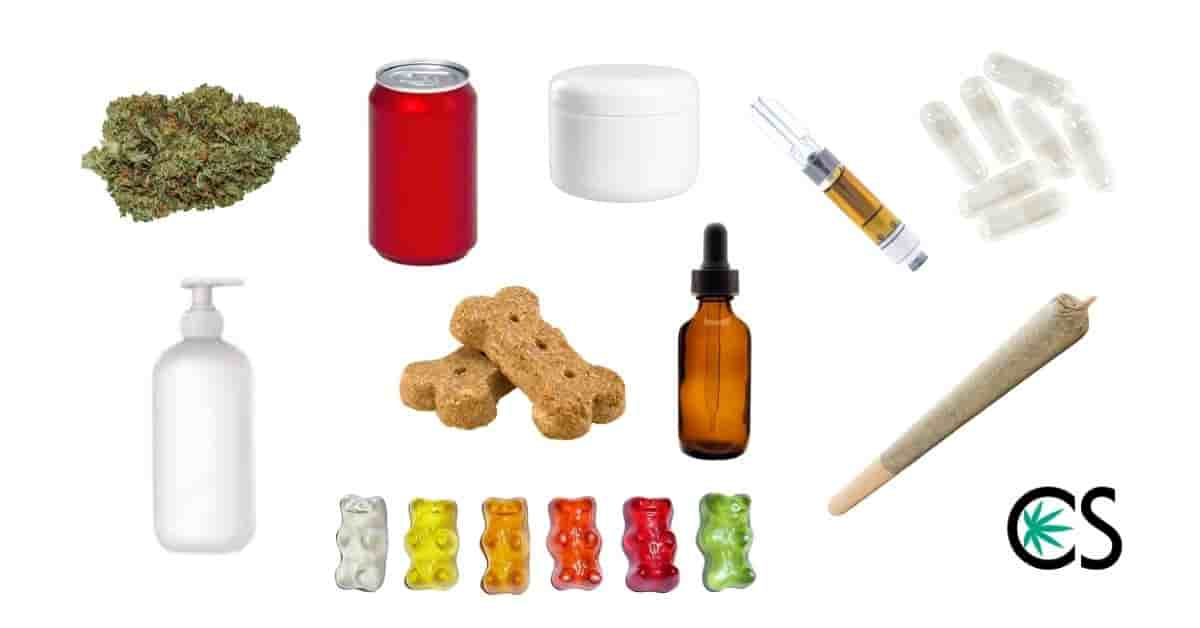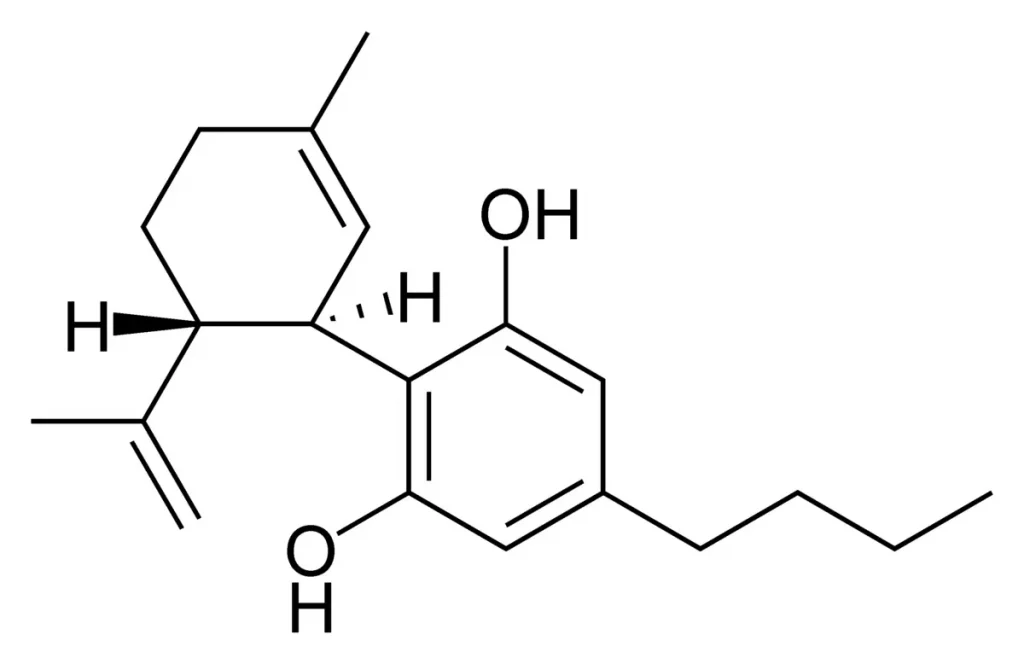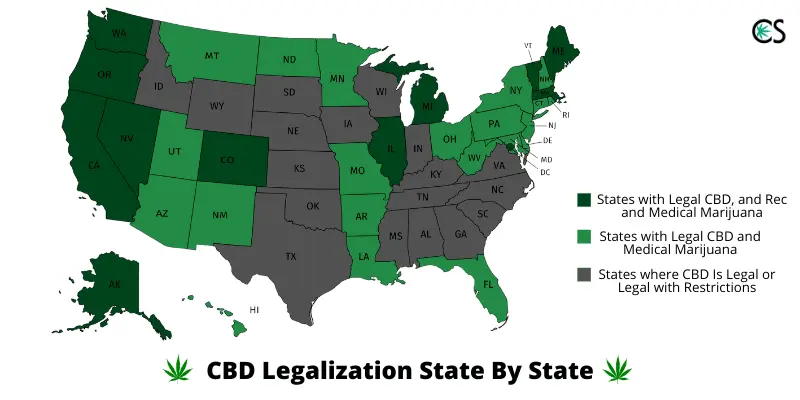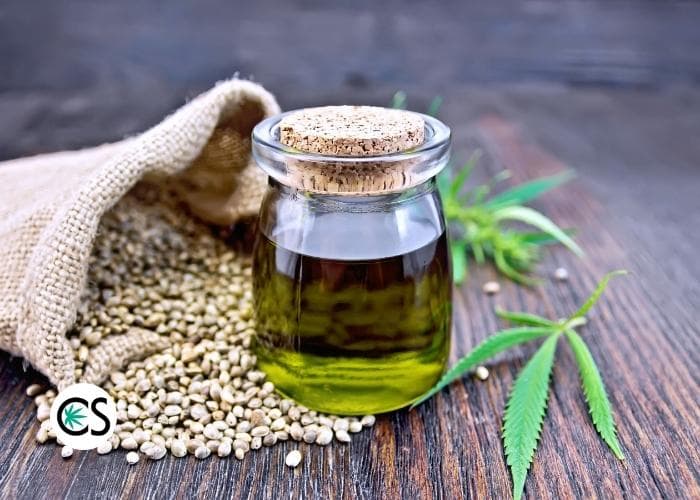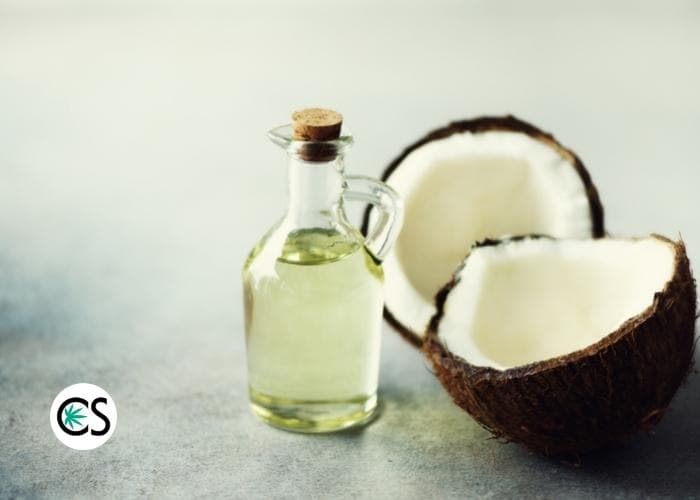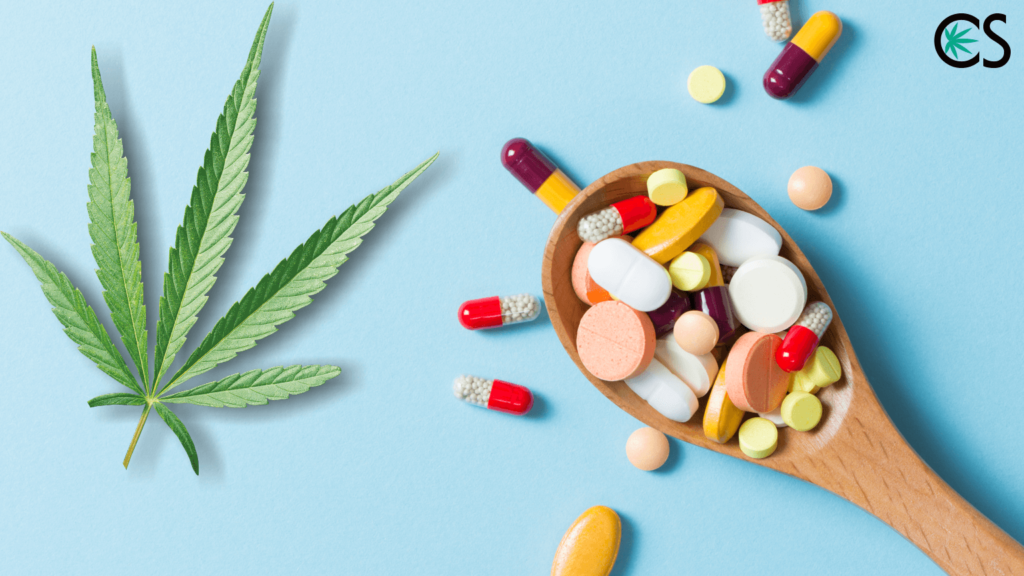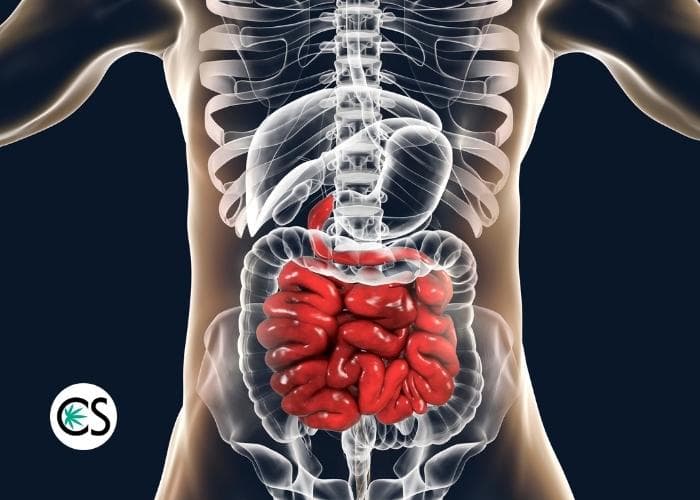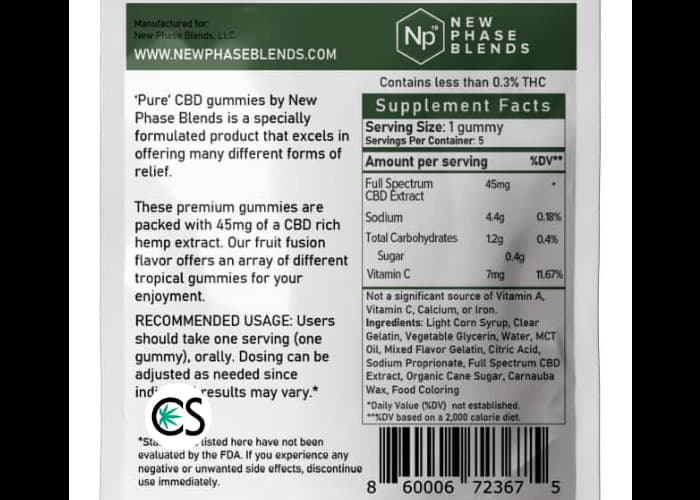Hemp products have been popular due to their recreational, medicinal, and other uses. The industry is also proliferating and many states legalize the use of certain forms of cannabis. The Area 52 Delta 8 Gummies review given and described below will introduce you to a quality hemp product that is one of the best-selling in the USA – and for great reason.
Area 52 Delta 8 Gummies: The Benefits
The Delta 8 Gummies lie somewhere in between THC and CBD. Both THC and CBD are found in cannabis/marijuana. However, CBD does not give a high the way THC does. Delta 8 Gummies do not give a high quite as intense as traditional Delta 9 THC, helping to stay focused and sharp.
They provide a down-to-earth and relaxed experience similar to THC, but the high is not as potent and doesn’t last as long. The Delta 8 Gummies as a product can also provide good energy upon consumption and can be a supplement for seniors in an appropriate dosage. The product provides relief from irritation and soreness and can help with weight loss.
Those who are trying to cut back on their cannabis smoking can also kick their habit away by choosing the safer gummies alternative in the form of Delta 8 gummies, being offered by Area 52.
Natural, Quality, and Safe Ingredients in These Gummies
The Delta 8 Gummies are made using pure organic hemp. These plants have been grown on American soil and the extracts are genuine and devoid of impurities. The company uses the chemical process of isomerization and converts cannabidiols into safe 8 THC molecules.
